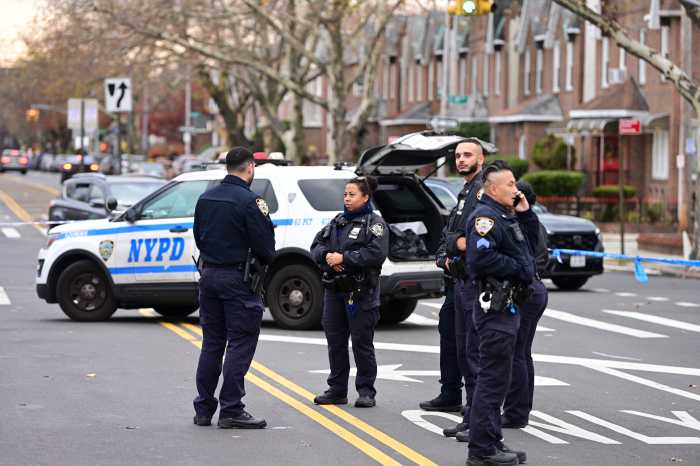Starting Tuesday, New Yorkers living in apartment buildings will have a clearer picture of exactly where they can light up in and around their building.
A new city regulation, Local Law 147, goes into effect Aug. 28 and mandates that all multidwelling properties outline and clearly post a smoking policy for its tenants. Although the law does not force landlords and co-op boards to make their buildings smoke-free — tobacco use in common areas is already prohibited by city law — health officials believe it will promote healthier habits among tenants.
“We think it is so important that they understand their environment and the expectations in their homes,” said Dr. Sonia Angell, the city health department’s deputy commissioner for prevention and primary care.
The law, which was signed by Mayor Bill de Blasio last year, is similar to ones enacted in such cities as Oakland and San Francisco. Angell said 49 percent of New Yorkers who live in a multidwelling building reported smelling tobacco smoke that did not come from inside their household.
As part of the new regulation, a building’s smoking plan must be provided to tenants and prospective tenants when they sign a lease or purchase a unit.
A copy of the building’s plan must also be posted in a visible section of the building for all tenants to see, according to the law.
“If that doesn’t occur, [tenants] can call 311,” Angell said.
The law doesn’t require landlords and co-op boards to make rules concerning electronic cigarettes or other forms of noncombustible tobacco use, Angell added.
The deputy commissioner said the latest regulation is part of the city’s ongoing efforts to curb tobacco use and secondhand smoke.
In 2002, before the city enacted its smoking ban in restaurants, the smoking rate was 21.5 percent, according to the Health Department. Last year it was 13.4 percent.
The Health Department issued 232 summonses for violations of the Smoke-Free Air Act in the 2017 fiscal year, and 290 summonses in 2018 fiscal year, according to the agency.





































